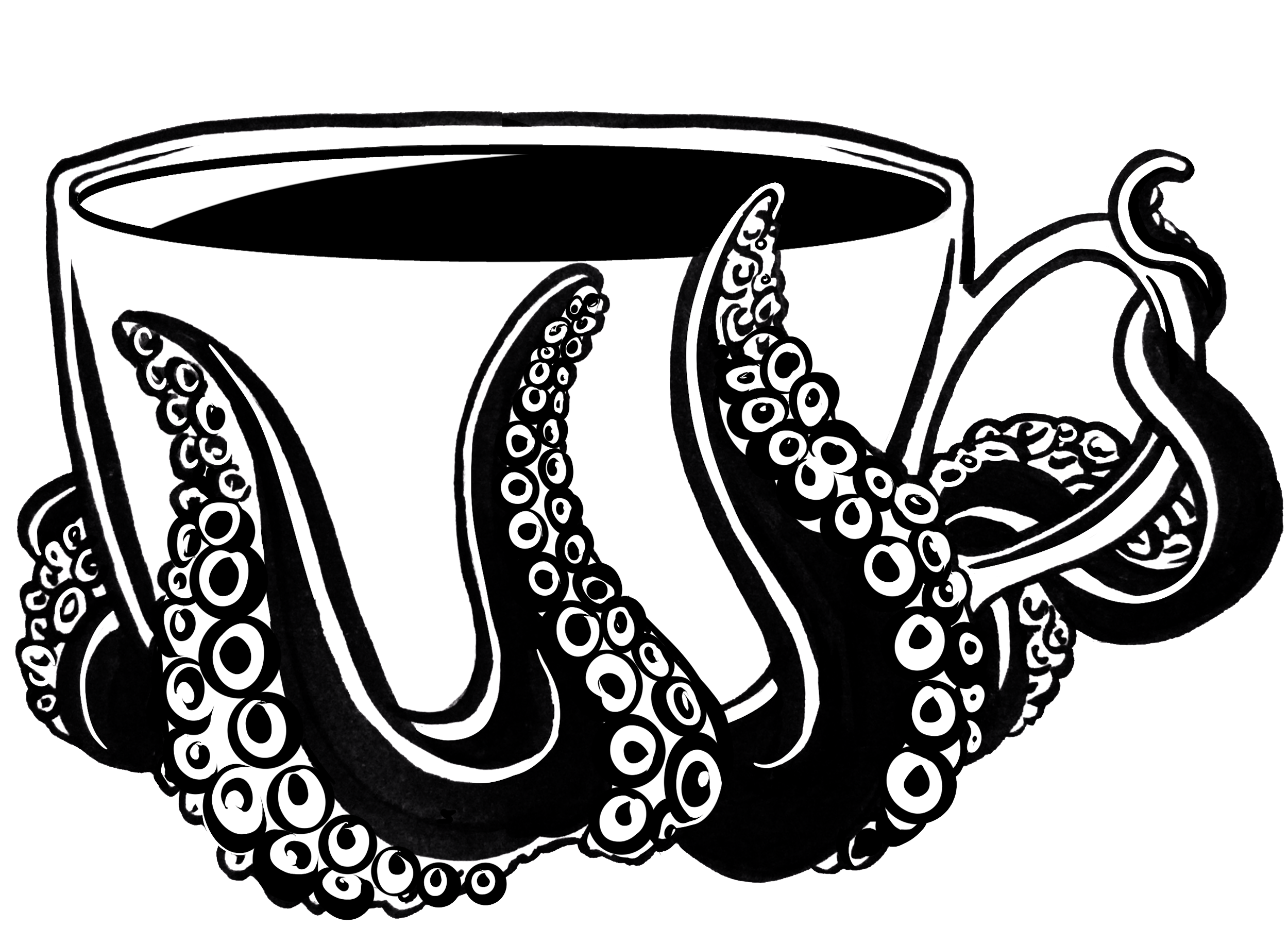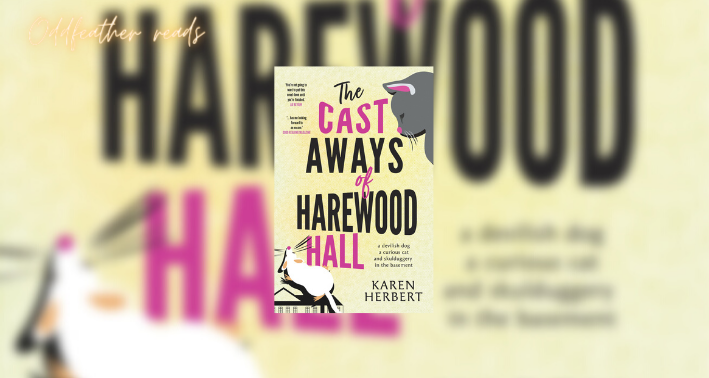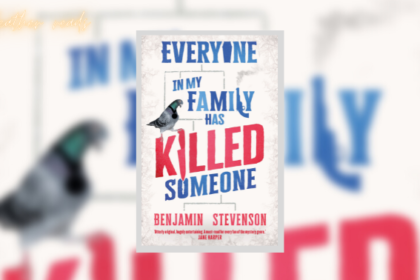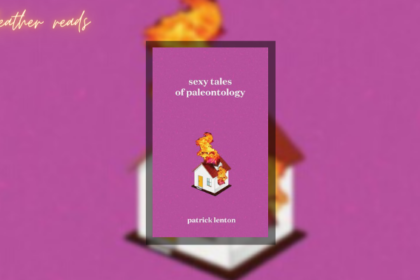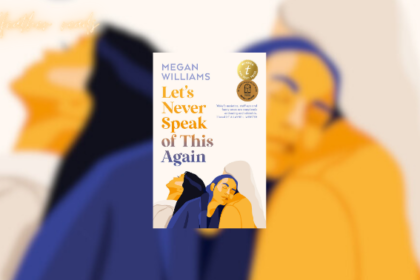Karen Herbert’s sophomore novel, The Cast Aways of Harewood Hall, is a delightful, almost sitcom-style mystery about the residents, staff, and animals of the titular Harewood Hall. This set of buildings, the original historic structure and its newer surrounds, is an independent living village where retirees can enjoy their views of Kings Park, dine in the upscale dining hall, and spend their days happily arguing about sprinklers, tree-lopping, and water bills at the resident’s committee meetings.
The story is told from the perspectives of several of the residents, as well as Fiona, the always calm but much harassed director of the residence; several smaller, furrier members of the community who may or may not actually be allowed in the residence at all; and Josh, a university student who works part time caring for residents. Josh is much liked; he supports the residents and caters to all their demands, while also secretly caring for two research mice in the resident’s basement, mice that he kidnapped from his campus lab. But then he discovers that the mice could cause a deadly disease, and suddenly he must figure out what to do with them.
Having the story told from multiple perspectives gave this novel the warmth, humour and depth that really makes a story enjoyable. There is a constant (and highly relatable) tension between the various residents, who have all lived full lives on their own terms and are now having to live in closer proximity and follow more rules than they ever have before. It is their various propensities for noticing (and being annoyed by) the small details of their surroundings that leads them to investigate why there is such a large spike in their water bills, and why so many mysterious packages are being delivered to the Hall…
This is a slow-paced mystery filled with personality; as much about the lives and quirks of its characters as the strange goings-on in the basement of Harewood Hall. It is about growing old, acceptance, community, and burst water pipes. And the importance of looking after others, whether they are human or animal. I would recommend this book to lovers of Richard Osman’s series, and books with a distinctly Perth vibe.
I was provided a free copy of this book by the publisher in return for an honest review.
